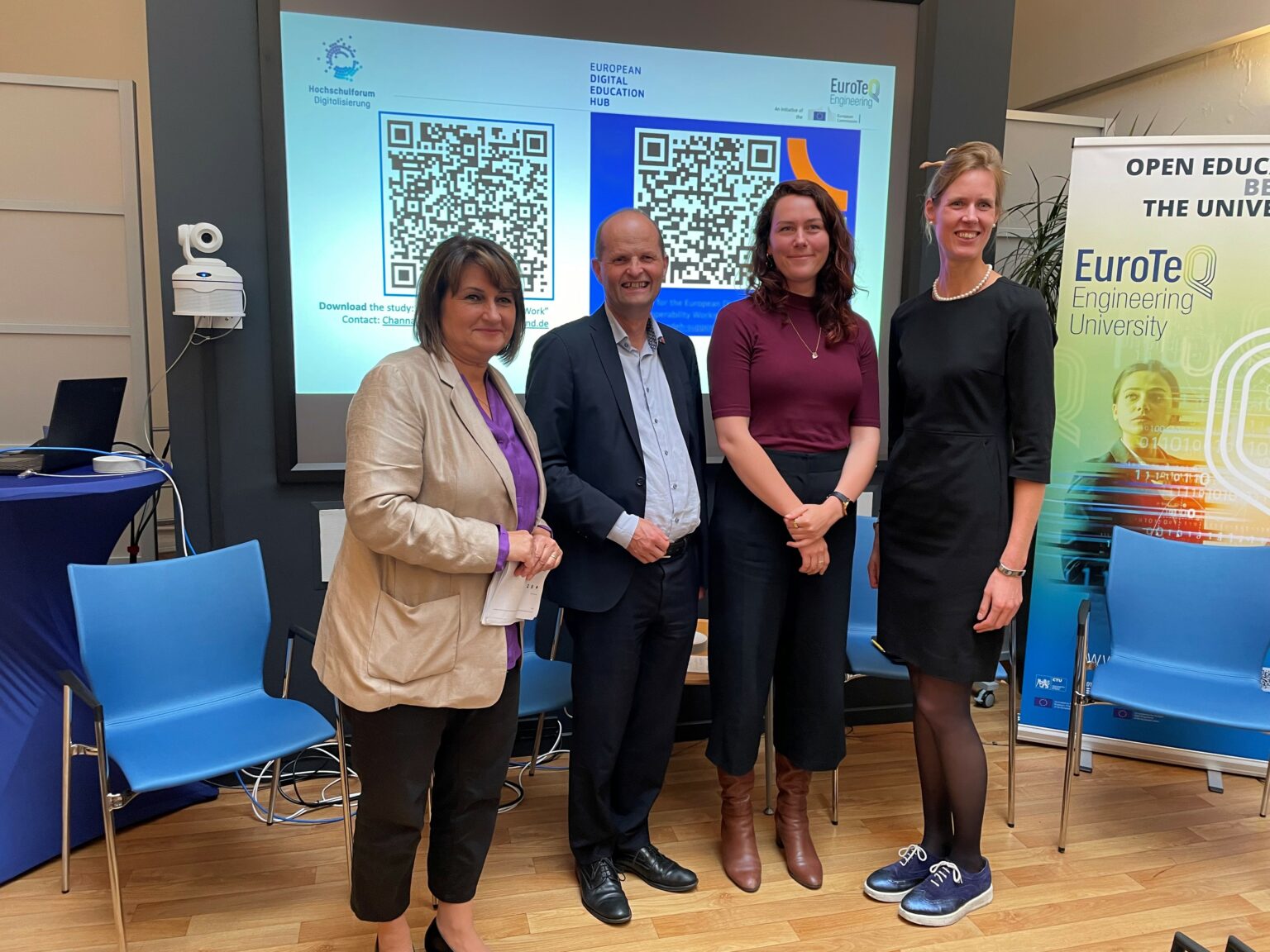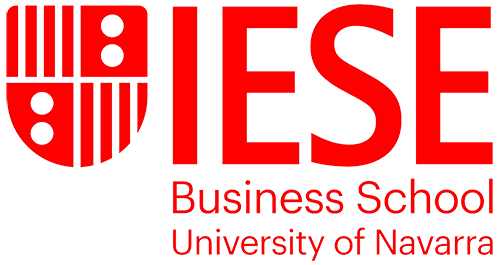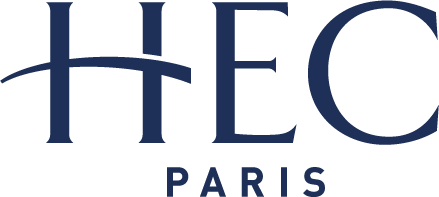Unlocking New Horizons in European Higher Education
On September 21st, the EuroTeQ Course Catalogue was unveiled, marking a significant milestone in the journey towards establishing IT standards for European higher education. With innovation, collaboration, and a shared vision, EuroTeQ is propelling European universities towards a future where better IT infrastructure would enhance a superior educational experience for all.
The event brought together thought leaders, educators, students, and stakeholders to discuss the golden road to IT standards, and to celebrate the results achieved through three years of dedicated teamwork and innovation. Offering the best of both worlds – a physical meeting at Neth-ER in Brussels and an online experience, the hybrid event ensured that participants from diverse backgrounds and locations could come together.
A glimpse into the program
Vanessa Debiais-Santon Head of Unit Higher Education, Directorate-General for Education, Youth, Sport and Culture (DG EAC), European Commission, extended a warm welcome to all and emphasized the significance of the occasion. Together with Simon Pickard, the moderator of the event, she set the tone for inspiring presentations and engaging discussions that followed.
Prof. Gerhard Müller, Senior Vice President for Academic and Student Affairs and Chair of the Management Board of the EuroTeQ Engineering University, provided an insightful overview of the EuroTeQ alliance and the Course Catalogue. He highlighted that the Course catalogue is in a way the umbrella of all our activities, and the element where local specifications make it most difficult to cooperate – IT specifications, semester planning, recognition etc. He mentioned that the automation has been a milestone for the EuroTeQ alliance, and we are happy that we overcame significant hurdles.

Ben Parker, Project Manager from Eindhoven University of Technology (TU/e) demonstrated the features and capabilities of the Course catalogue. Ben took the participants on the journey of the automation process from the ideation stage to now, where we have an initial working product – first phase of automation. He rightly pointed out that this is just the beginning and there is a lot more ground to be covered in the next steps of the automation process.
Then it was time to hear from the direct beneficiaries of this initiative, the students. Annabel Pugi from Tallinn University of Technology (TalTech) and Petr Kolouch from Czech Technical University (CTU) provided invaluable insights. They shared their experience of how the courses offered as part of the shared course catalogue have enhanced their educational journeys. They were very enthusiastic not only about the knowledge they gained in their chosen subject but also the ability to interact with professors and other students across Europe.
This was followed by a lively moderated discussion between a diverse panel of experts about developing a framework for IT solutions in European higher education. The panel featured Michaela Šojdrová, Member of the European Parliament; Prof. Philip Binning, Senior Vice President and Dean of Graduate Studies and International Affairs from the Technical University of Denmark (DTU); Evelien Renders, Advisor International Education at SURF; and Channa van den Brug, Program Manager International Affairs & Representative European Digital Education Hub at Hochschulforum Digitalisierung for Stifterverband. The panelists shared their individual perspectives and experience with current IT solutions for European Higher Education and the risks involved if constructive actions are not taken. They acknowledged interoperability challenges at multiple levels and stressed the need to find and build on synergies.
Two calls to action were made
One was for European University Alliances (EUAs) to go to their respective NRENs with questions on how their activities align with their national Sector Architecture. And to ask the NREN to actively participate in The Task Force for Educational Services and Activities (TF-EDU) and together to put it on the agenda for GÉANT. The second one is to apply and join the interoperability working groups at the European Digital Education Hub (EDEH).
The panel concluded their discussion by exchanging ideas regarding how a framework would support all stakeholders to work together towards accomplishing shared goals and the pressing need for such frameworks.
The event ended with a lively round of Q&A from the audience and an invitation to connect with each other personally and take the discussion forward. The passion, enthusiasm, and shared urgency to find solutions by all speakers at the event serve as a testament to the remarkable strides being made in European higher education. The event concluded on a celebratory note with drinks and an opportunity to engage with other participants, further fostering collaboration and engagement.







